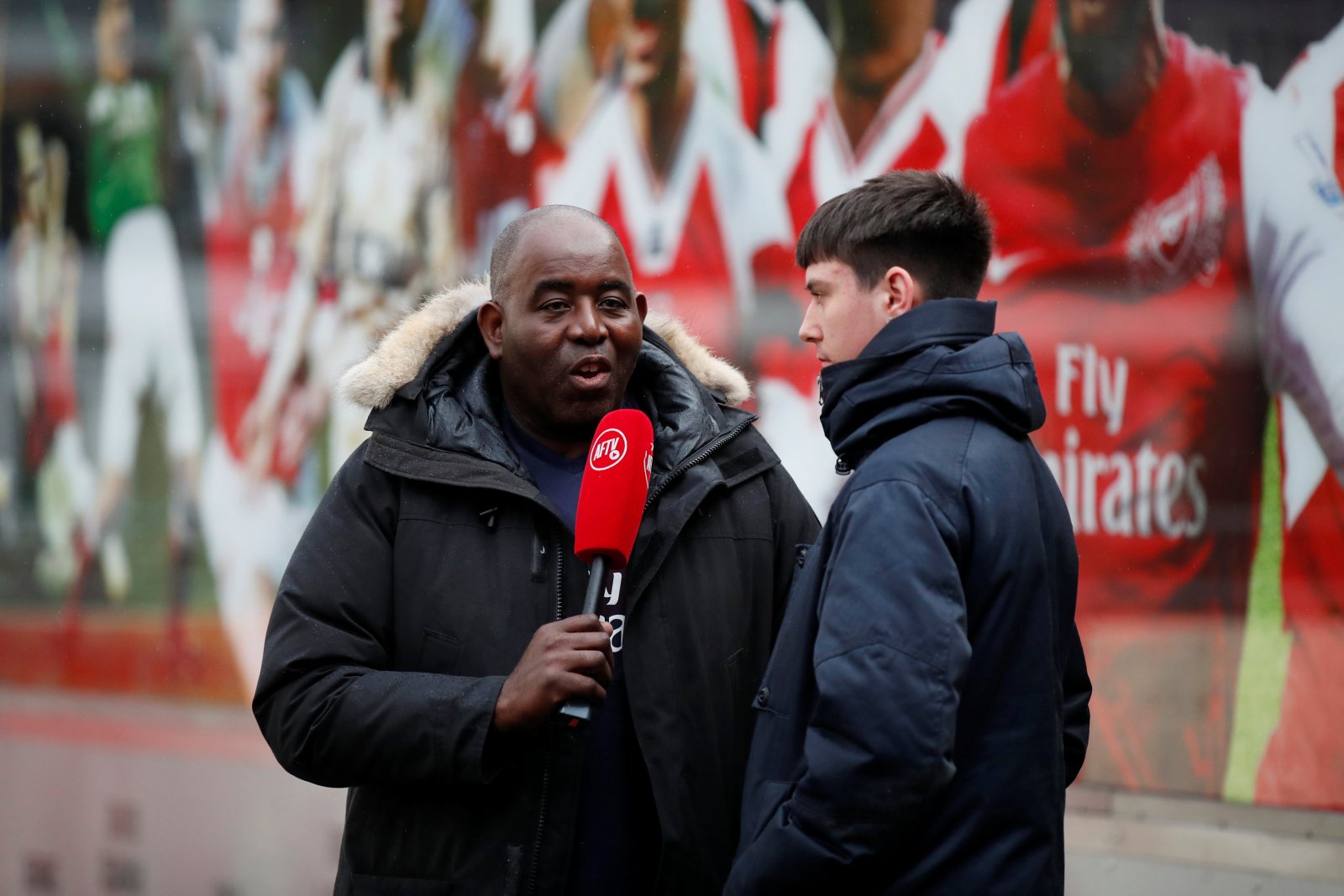The rise of the Digital Fan
by Joshua Jibulu, Social Media Executive at Vensy
Fan consumption practices have been shaped by the technological and digital advancements we have witnessed in modern sport. Modern technology has provided a platform where fan behaviours and opinions can be picked up instantly. Radio, TV, internet and social media, the voice of the sports fan roars. Fans represent the most important factor in the value chain when it comes to sports. A rise in what we like to call ‘the digital fan’ has only enhanced this concept.
Let’s look at an example: Arsenal football club have just played a football game and Robbie Lyle, founder of AFTV ,meanders the streets asking fans for their instant reactions on the game. Home and away, win, lose or draw, he is there. Since 2012, he has led the meteoric rise of his popular yet controversial fan channel. The growth has been gargantuan, acquiring over 1 million subscribers in the process and a total of around 630 million fan views to date. The passionate, emotional yet raw voice that the channel conveys has manufactured an audience, becoming the most popular online fan channel in the Premier League.
Of late the fan channel has been a topical issue, with opinions polarised on whether it should even exist. There’s a general belief amongst a sector of football fans that the fan channel is toxic. It has been popularised simultaneously during the rise of Arsenal’s indifferent form on the pitch over the past couple years leading to claims that the channel is part to blame. In fact, Robbie was even forced to defend the channel outside of Youtube, on a feisty encounter on the radio.
Originally, founder Robbie Lyle started the channel to give football fans a voice. Soaring popularity means the channel has birthed figures famed for their intense and passionate interviews, published after games. These voices do, however, carry weight no matter how fair or unfair their comments may be. Consequently, the videos are blamed as the source of the toxic claims. The channel appears to be a victim of its own success. Be proud but not too loud. Be heard but not too outspoken. Their influence on the club is claimed to be huge. Being under the brightest spotlight brings the most scrutiny.
It’s unlikely the pioneers of the fan channel could have predicted the influential voice they have come to develop as sport has evolved digitally but there is no denying the cycle where they have backhandedly profited off poor on-field performances from the club.
What type of influence do these digital fans have?
Is their influence on Arsenal football club overstated? We get to see an accurate representation of the external narrative, where fans share their fluctuating opinions through hardships and great times. The fans on these digital platforms can control the narrative, presented to the world through their digital mediums. The beauty of the digital fanbase is that feelings and thoughts are shared on the finest of events in real time. Surely the true voice of regular fans and consumers is something any organisation would be appreciative of? As true drivers of sports success, it feels unfair to judge fans solely in this way especially in the midst of Arsenal football club’s on field ‘misery’. The prominence of the ‘digital fan’ and technology as we know it is transforming the face of sports, allowing for a space where fans are being heard.
A fresh, raw, exciting voice is what digital fans typify. This article is provided by Vensy, if you want to further realize the fan influence discussed above with related insights or see the potential influence fans can have on businesses and brands, Vensy is an AI-powered influencer marketing agency taking a fresh approach to the world of creative campaigns in particular.
About author
You might also like
The seven essentials for achieving successful sports branding
By Daniela McVicker When it comes to sports, great branding is a must. Your brand influences how people see your company or team. It helps you to forge connections with
Live Chat: A New Social Experience in Sports
Article written by John S. Kim, CEO and co-founder of global API company SendBird Social media rose to prominence throughout the world due to its potential for connection. Social channels provided the
Snack Media’s Football Content Campaign’s Review: February
By Mike Constanti This series, in partnership with Snack Media, will look at the best football campaigns from advertising to social media on a monthly basis, as Digital Sport evaluates how








